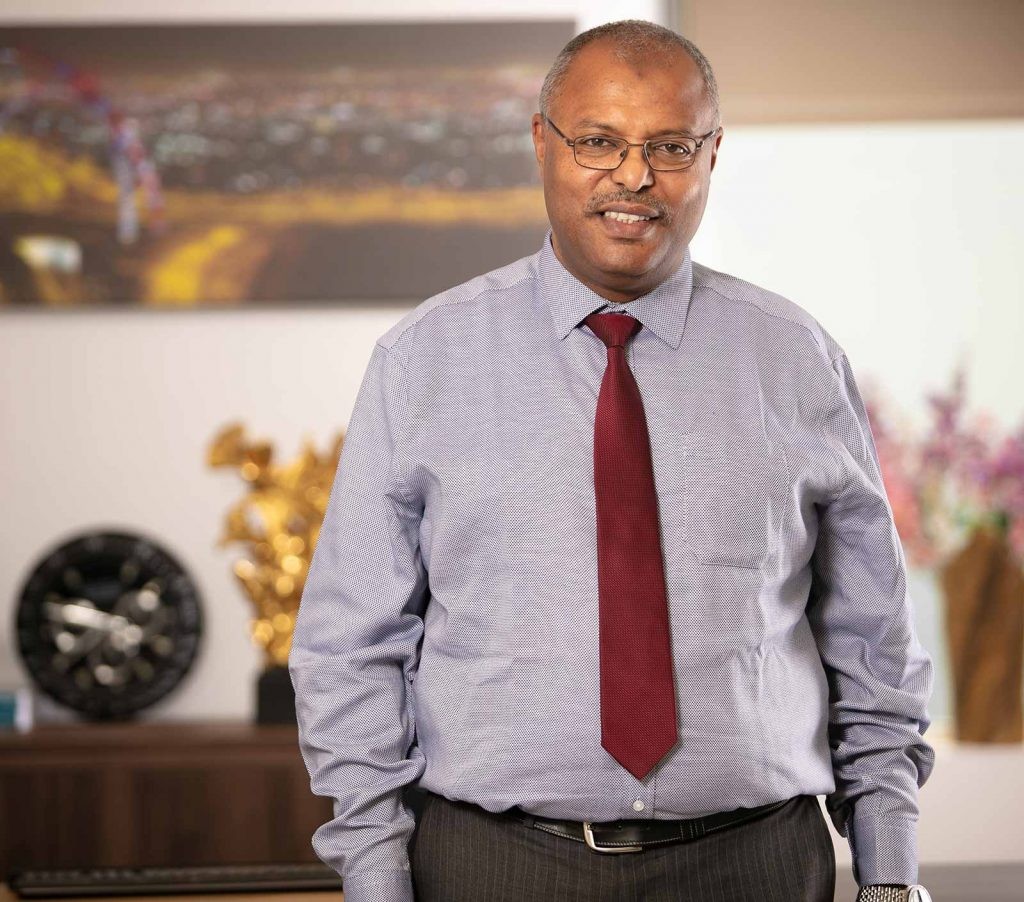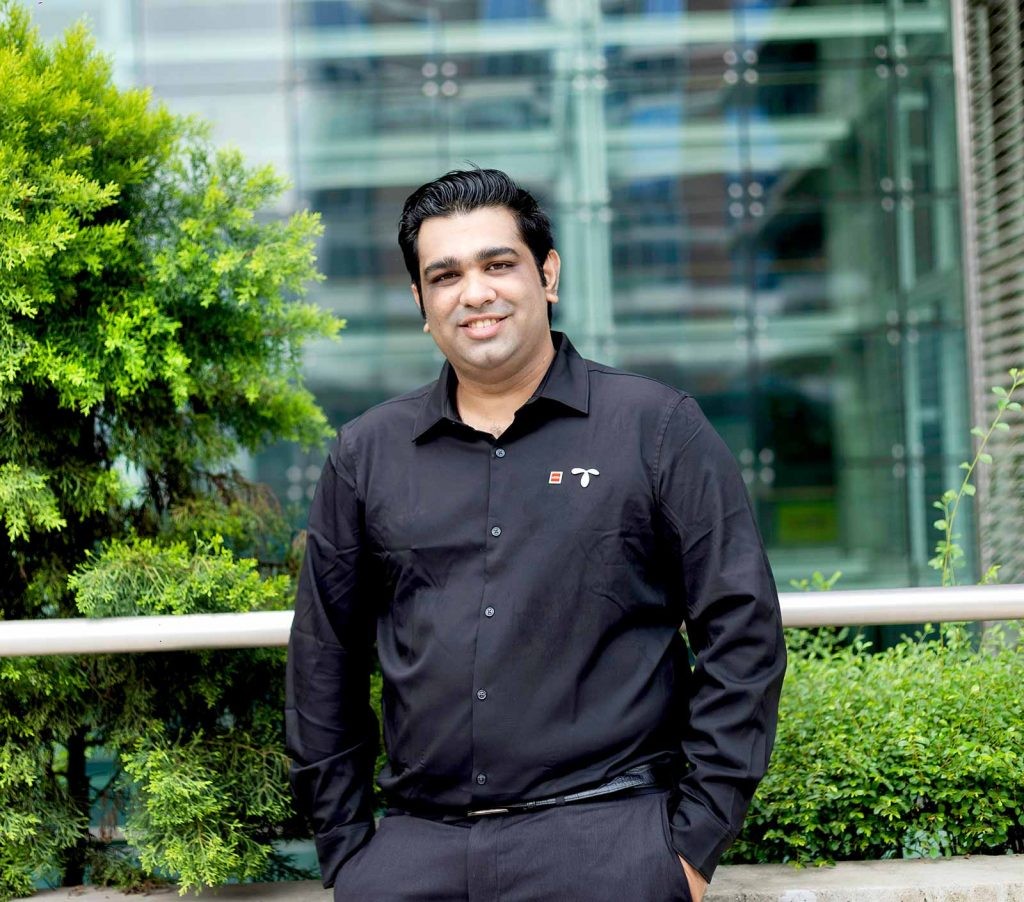
What do employers in Sri Lanka need from finance professionals? That was the key question at a recent employer roundtable discussion held at ACCA Sri Lanka's offices in Colombo.
‘In the face of the pandemic and dynamic global economic conditions, the boardroom landscape is constantly changing,' said Radika Obeyesekere, CEO of the Sri Lanka Institute of Directors. At the heart of this, she added, lies a constant ‘demand for directors with a sound financial background'.
At the same time, growing financial regulation is making operations more challenging, said Ranjani Joseph, head of banking services and markets at KPMG. ‘There’s the enhanced importance of public trust, and we need to transform and align the way we operate with the changing operating models of our clients,' she said, adding that KPMG continues to enhance its focus to build multi-disciplinary teams that provide added value to stakeholders.
'You need to be able to tell the story behind the numbers; you need to be able to articulate it well’
Future focused
Nowhere is the transformation of the finance profession more evident than in auditing, where there has been a marked shift away from a 'post mortem' approach to one that focuses today on myriad aspects that may impact the business in the future. This includes looking at potential implications on a wider group of stakeholders and improving transparency through quality disclosures. ‘We have to focus more on risk assessment, cybersecurity, fraud, and compliance in addition to the standard audit approach,' she said.
Ranjani noted that in KPMG Sri Lanka, 68% of their ACCA professionals have moved towards auditing, which shows that 'they have gained a range of skills required for auditing diversified sectors rather than just focusing on consultancy and advisory roles,' she said.
Having the right digital skills – or being prepared to gain them – is also a key requirement for employers. 'We do understand that not everyone has everything, but you need the raw intellect to be agile and adapt to all these changing needs,' said Rathnakala Kumaragurunathan ACCA, director at Acquity Knowledge Partners, adding that it is important to have the ‘broad-mindedness to understand the nature of what makes businesses succeed or fail.’
In its 2019 Global Competitive Index, the World Economic Forum placed Sri Lanka as the most improved country in the region, noted Shanaka Fernando, head of human resources at WNS Global Services, a pioneer in the country's growing knowledge services outsourcing sector. ‘It’s a vital industry in Sri Lanka today during the ongoing economic crisis,’ he said, adding that it is ‘progressing towards a 5D approach incorporating design thinking, data and digital, domain-centric design, and a differentiated, distributed workforce with the support of international players’.
'If you have the knowledge and are updated with current market trends, there is a lot of mobility in the profession'
Primary adviser
Jehan Perinpanayagam FCCA, chairman of the ACCA Sri Lanka network panel and CEO at Infomate, a business process management firm, agreed. ‘Today, if you look at the finance professionals in our team, it’s not just transaction processing and record keeping; they are helping our customers’ finance transformation, elevating their finance function to world class standards,’ he said. ‘You need to be able to tell the story behind the numbers, provide predictive analysis and scenario analysis of the future and be the primary adviser to the CEO and the board. You need to be able to articulate it well.’ These skills, he added, are why ‘many CEOs today are selected from amongst the finance community, because of the well-rounded and holistic skills and knowledge the modern finance professional possesses.'
As well as supporting Sri Lanka's growth, accountants are part of a global profession, said Priyan Edirisinghe, a partner at Baker Tilly Sri Lanka. 'Often it’s the same framework across the world, so if you have the knowledge and are updated with current market trends, there is a lot of mobility in the profession.'
'We saw the importance of value systems coming into play in the pandemic with the mindset of flexible working options'
Supporting career progression
ACCA and The Institute of Chartered Accountants of Sri Lanka (CA Sri Lanka) have entered a Mutual Recognition Agreement (MRA) allowing members from one body to apply directly for membership of the other. The MRA was signed by ACCA’s chief executive and CA Sri Lanka’s president and vice president at a ceremony in September.
ACCA chief executive, Helen Brand said that both professional bodies are committed to supporting and building a strong and resilient economy in Sri Lanka. She added: ‘The MRA also brings equality of professional standing between ACCA and CA members and that’s a huge step forward in supporting members’ career progression.’
Dulani Fernando, CA Sri Lanka’s CEO, said: ‘CA Sri Lanka and ACCA will continue to work together in areas that benefit both the profession and its mutual members. These areas will include research and publications, public sector development activities, events and CPD.’
Commenting on the opportunities for members of both bodies, Nilusha Ranasinghe, head of South Asia, ACCA, said that the MRA ‘demonstrates the value of professional bodies collaborating to explore synergies for the benefit of the profession and the wider public good.’
Ethical approach
Along with the right technical skills, a strong professional and ethical foundation is also vital, said Roshini Fernando, partner in tax services at EY, adding that finance professionals must also develop their commercial awareness. ‘Accountants can’t just do the numbers and expect someone else to interpret,’ she said. ‘Business advisory skills are important – and they only develop over time.’
With the constant change in landscape for businesses to operate, it will be imperative for finance professionals to have appropriate knowledge and skills in taxation (both locally and globally), risk assessment and management, and innovation management to navigate successfully.
'It’s about creating and unlocking value,' said Sajindu Perera ACCA, deputy general manager of the finance division at MAS Holdings, one of South Asia’s largest apparel solutions provider. 'We look at finance professionals who can be effective business partners. We have seen the evolution of the finance function which has moved on from being one dimensional, having limitless knowledge in finance and accounting to now being multi dimensional. This means having a knowledge of product, design, automation, innovation and people and being able to convert this knowledge, complemented by financial skills, into delivering value to the organisation. Finance professionals also need to be governed by strong ethics and value systems and we saw the importance of value systems coming into play in the pandemic with the mindset of flexible work options.'
Much is currently being done to retain home-grown talent, said Aruna Alwis, CEO of the CFA Society Sri Lanka, explaining that many global companies operating in the country peg salaries to the dollar. ‘This can help us retain young talent in the country,’ Alwis said, adding that universities are also playing an important part in supporting professional training such as the ACCA Qualification and the Chartered Financial Analyst certificate. Both organisations, he emphasised, are built on a foundation of professional ethics.
Sustainability drive
As well as hearing from employers, the discussion also included an overview from ACCA's chief executive, Helen Brand, on the Accounting For a Better World agenda, which considers the priorities for a finance professional – among them the the drive for sustainability.
‘More and more investors seek a commitment to sustainability, placing a premium on long-term economic stability rather than the instant gratification of a quick dollar,’ Brand said. ‘This is good news for accountants, because we measure success across years and decades rather than just financial quarters, and are increasingly doing so against a whole set of indices – including social value, public wellbeing and protecting the environment – and on how all of these things impact the finances and risks of an organisation.’
More information
Find out more about how ACCA is Accounting for a better world



